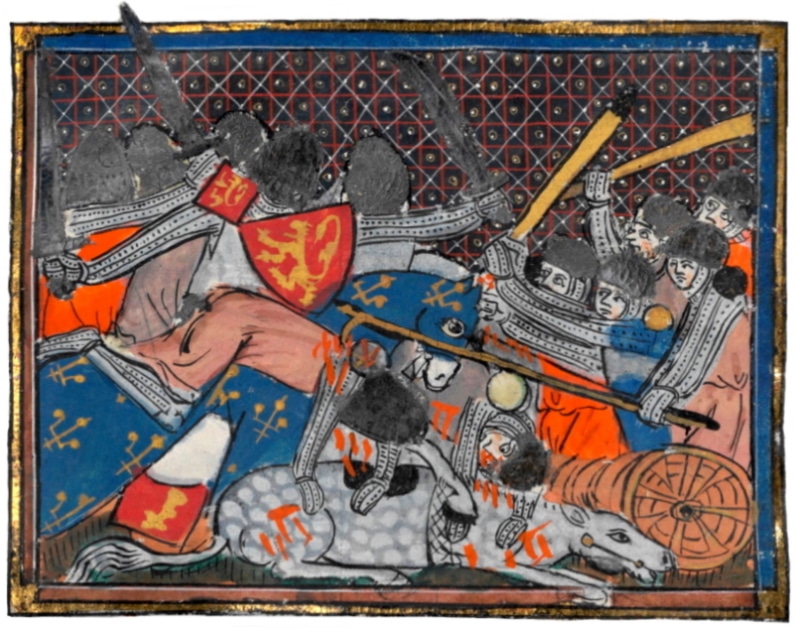Celebration of the Golden Spurs

Every year on July 11th, the Celebration of the Golden Spurs takes center stage, honoring a significant moment in Flemish history — the triumph of the Flemish over the French in the Battle of the Golden Spurs in 1302. Rooted in centuries-old conflicts, this day not only signifies a historical victory but also serves as a testament to Flemish resilience and identity.
Historical Context of the Golden Spurs
The Battle of the Golden Spurs emerged against the backdrop of the Franco-Flemish War, which erupted in 1297. King Philip IV of France sought to extend French dominion over the County of Flanders, a territory that maintained de facto independence. Tensions escalated until they culminated in a decisive clash outside the town of Courtrai on July 11, 1302. The French, boasting a formidable cavalry and infantry, faced off against the Flemish, whose forces comprised primarily infantrymen adept in the use of pike formations. Despite numerical disadvantages, the Flemish exploited tactical advantages, leading to a resounding victory that reverberated through the annals of history. The aftermath saw the French retreat in disarray, leaving behind their golden spurs — a symbolic trophy that lent the battle its name.
In a significant nod to its cultural import, the Celebration of the Golden Spurs received official recognition on July 6, 1973. This legislative acknowledgment, endorsed by the three cultural and linguistic communities of Belgium, underscored the day’s significance in Flemish heritage.
Significance of the Golden Spurs
Beyond its historical underpinnings, the Celebration of the Golden Spurs embodies a broader cultural narrative within modern-day Belgium. It serves as a touchstone for Flemish identity, highlighting a pivotal moment of defiance against external incursions and affirming the distinct cultural fabric of the region. The legacy of the Battle of the Golden Spurs endures as a symbol of Flemish resilience and tenacity. It underscores the capacity of a determined populace to repel encroachment and safeguard their autonomy against formidable odds. Within the broader framework of Belgian identity, the Celebration of the Golden Spurs assumes significance as a manifestation of regional pride and cultural affirmation. It enriches the collective narrative of Belgium, celebrating the mosaic of traditions that comprise its cultural landscape.
Observance and Commemorative Practices
Observing the Celebration of the Golden Spurs offers an opportunity for reflective contemplation on the historical significance of the battle and its enduring resonance in contemporary times. Delving into the annals of history allows for a deeper understanding of the forces that shaped the destiny of the Flemish people. Exploring the town of Courtrai, the site of the pivotal battle, provides a tangible connection to the past and offers insight into the geographical context in which historic events unfolded. It allows visitors to immerse themselves in the palpable echoes of history that permeate the landscape. Sampling Flemish cuisine provides a sensorial journey into the culinary heritage of the region. From hearty stews to delicate pastries, Flemish gastronomy reflects a blend of tradition and innovation, inviting visitors to savor the flavors of the past.
In essence, the Celebration of the Golden Spurs transcends mere historical commemoration; it embodies a testament to the indomitable spirit of the Flemish people and their enduring quest for cultural preservation. As we mark this annual observance, let us honor the legacy of the past while embracing the cultural richness that defines the present.
Observer Voice is the one stop site for National, International news, Sports, Editor’s Choice, Art/culture contents, Quotes and much more. We also cover historical contents. Historical contents includes World History, Indian History, and what happened today. The website also covers Entertainment across the India and World.

